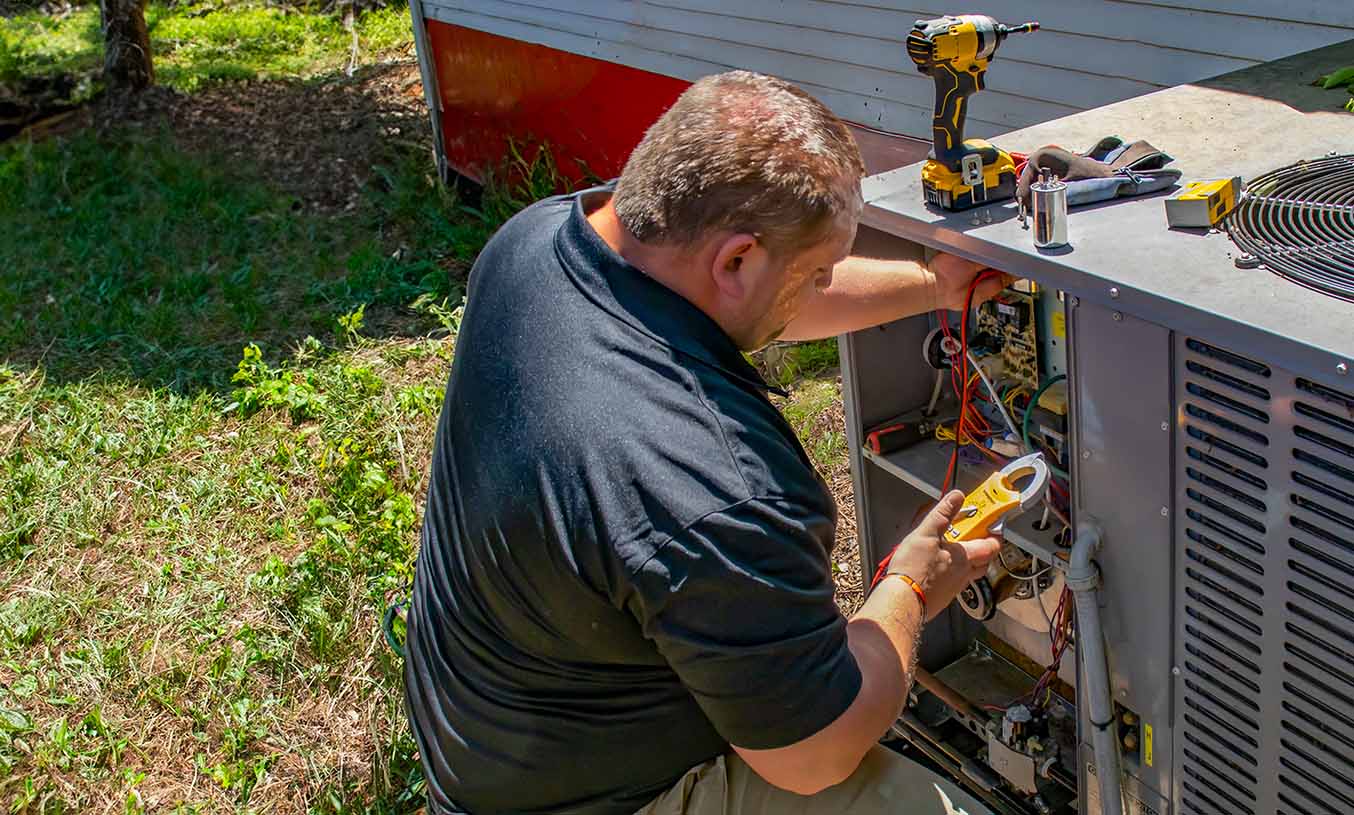

Routine Maintenance
Your trusted partner for professional home services. Quality workmanship, guaranteed satisfaction.




- HEP
- Routine Maintenance
Routine Maintenance | Air Conditioning | Heating and Air Conditioning | Decatur
From muggy midsummer afternoons to those surprise warm fronts in early spring, Decatur residents know that dependable air conditioning isn’t a luxury—it’s a lifeline. HEP’s routine maintenance keeps your system humming along efficiently, catching minor issues before they spiral into sweltering breakdowns. Our certified technicians clean coils, calibrate thermostats, check refrigerant levels, and optimize airflow so you enjoy whisper-quiet comfort while trimming energy costs.
Scheduling a visit takes just minutes, but the benefits last all season: lower utility bills, extended equipment life, and the peace of mind that comes with a factory-fresh chill at the touch of a button. Whether you’re cooling a historic Decatur bungalow or a bustling downtown office, trust HEP to deliver the attentive, hometown service that makes staying cool effortless. Discover why thousands in our community rely on us for unmatched air conditioning care—then exhale and enjoy the breeze.
FAQs
Why is routine air-conditioning maintenance important in Decatur’s climate?
Decatur’s long, hot, and humid summers force your air conditioner to work for extended periods. Routine maintenance keeps components clean, lubricated, and properly adjusted so the system can handle that workload without overheating or breaking down. Regular tune-ups also improve indoor comfort, reduce humidity more effectively, and extend equipment life—critical benefits when your AC may run six or more months of the year.
How often should I schedule HVAC maintenance, and what does it include?
We recommend two professional visits each year—one in the spring for your air conditioner and another in the fall for your furnace or heat pump. A standard AC tune-up includes: cleaning condenser and evaporator coils, checking refrigerant levels and pressures, tightening electrical connections, lubricating moving parts, testing the thermostat and safety controls, inspecting the blower and motor, clearing the condensate drain, and verifying overall system performance. Completing this 15-plus-point checklist ensures optimal efficiency and reliability through the cooling season.
What are the common signs my air conditioner needs service right away?
Call for service if you notice: warm or weak airflow from vents, frequent cycling or a system that runs nonstop, unusual noises (rattling, grinding, buzzing), water leaks around the indoor unit, ice buildup on the refrigerant lines, musty or burning odors, or a sudden spike in electric bills. These symptoms often indicate issues like low refrigerant, dirty coils, failing capacitors, or clogged drains—problems that can lead to major breakdowns if ignored.
Can routine maintenance really lower my energy bills?
Yes. The U.S. Department of Energy notes that a well-maintained HVAC system can use 5–15 % less energy than a neglected one. Cleaning coils improves heat transfer, proper refrigerant charge prevents the compressor from overworking, and a calibrated thermostat ensures accurate temperature control. Over a Decatur summer, those efficiency gains can trim hundreds of dollars from your utility costs while reducing strain on the grid.
Will annual maintenance keep my manufacturer’s warranty valid?
Nearly all HVAC manufacturers require proof of regular professional maintenance to honor compressor or parts warranties—some of which last up to 10 years. Our detailed service records document every inspection, test, and adjustment, so if a covered component fails you have the paperwork needed to avoid unexpected repair costs.
What can I do between professional visits to maintain my AC?
• Replace or wash air filters every 30–60 days during peak cooling season. • Keep at least two feet of clearance around the outdoor condenser; remove leaves, grass, and debris weekly. • Make sure supply and return vents inside the home are open and unobstructed by furniture or drapes. • Pour a cup of white vinegar into the condensate drain line each month to discourage algae growth. • Use a programmable or smart thermostat to prevent over-cooling when no one is home. • Listen for new noises and call us if something changes—the sooner an issue is addressed, the cheaper it is to fix.